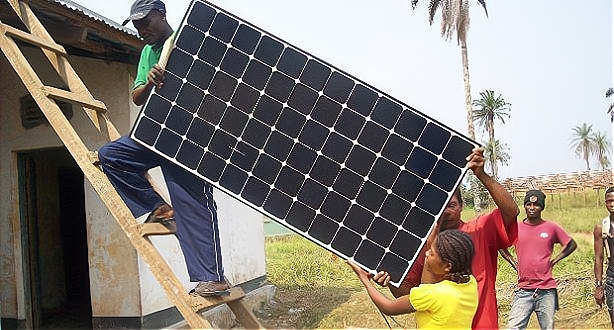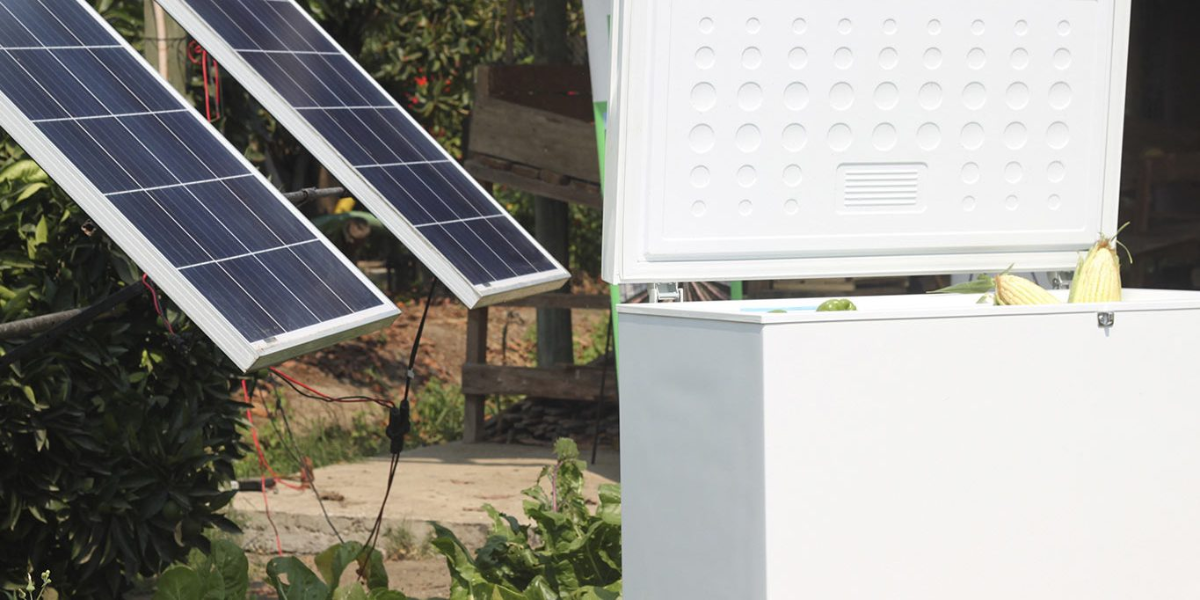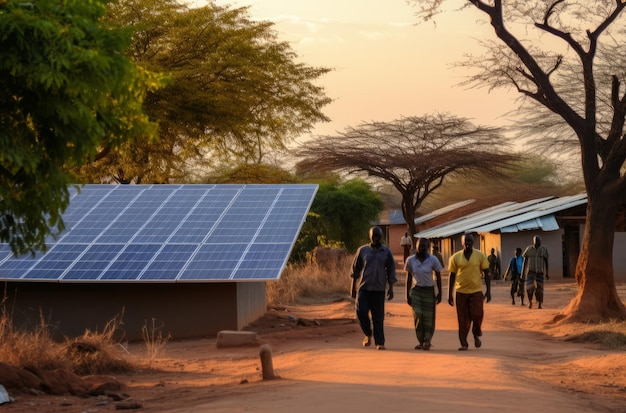In the heart of rural Africa, a once-darkened village is now glowing with the promise of renewable energy, thanks to the strategic deployment of stand alone solar panels. This transformation underscores the profound impact of these independent energy systems in providing sustainable, reliable, and cost-effective power to off-grid communities.

Source:Media news
Consider the village of Ndogo, nestled in a hilly region far from the national grid. For decades, villagers endured long hours of darkness, relying on kerosene lamps for illumination and firewood for cooking. This reliance not only strained household budgets but also contributed to deforestation and poor air quality.
However, in 2019, a non-profit organization partnered with a local renewable energy firm to install stand alone solar panels in Ndogo. The initiative began with a pilot project in the village school, where 20 solar panels were mounted on the rooftop. The system provided enough electricity to power the school's lights, computers, and even a small library, vastly improving educational opportunities for the children.
Encouraged by the success of the pilot, the project expanded to include homes and community centers. Each household received a small solar panel system capable of lighting up to four rooms and charging mobile phones. The community center, equipped with a larger array, now hosts evening classes and health clinics, significantly enhancing social cohesion and healthcare access.
One particularly illustrative case is that of Mama Aisha, a local entrepreneur who runs a small grocery store. With her new solar-powered refrigerator, she can now store perishable goods like dairy and meat, attracting more customers and boosting her profits. "Before, I had to sell my goods quickly before they spoiled," she explains. "Now, I can keep them fresh, and my business is thriving."

Source:Media news
The economic ripple effects are evident. With more dependable lighting, villagers can extend their working hours, engage in night-time activities, and even start small businesses. The reduction in kerosene costs has freed up funds for education, healthcare, and other essential needs.

Source:Media news
Moreover, the environmental benefits are substantial. The switch from kerosene lamps to solar-powered LED lights has reduced indoor air pollution, improving respiratory health. The decrease in firewood usage has slowed deforestation, preserving the village's natural environment.
The Ndogo case study underscores the transformative power of stand alone solar panels in rural communities. By overcoming the barriers of grid access and high energy costs, these systems are not only illuminating homes but also paving the way for education, economic growth, and environmental sustainability. As more communities like Ndogo embrace renewable energy, the potential for positive change is boundless.